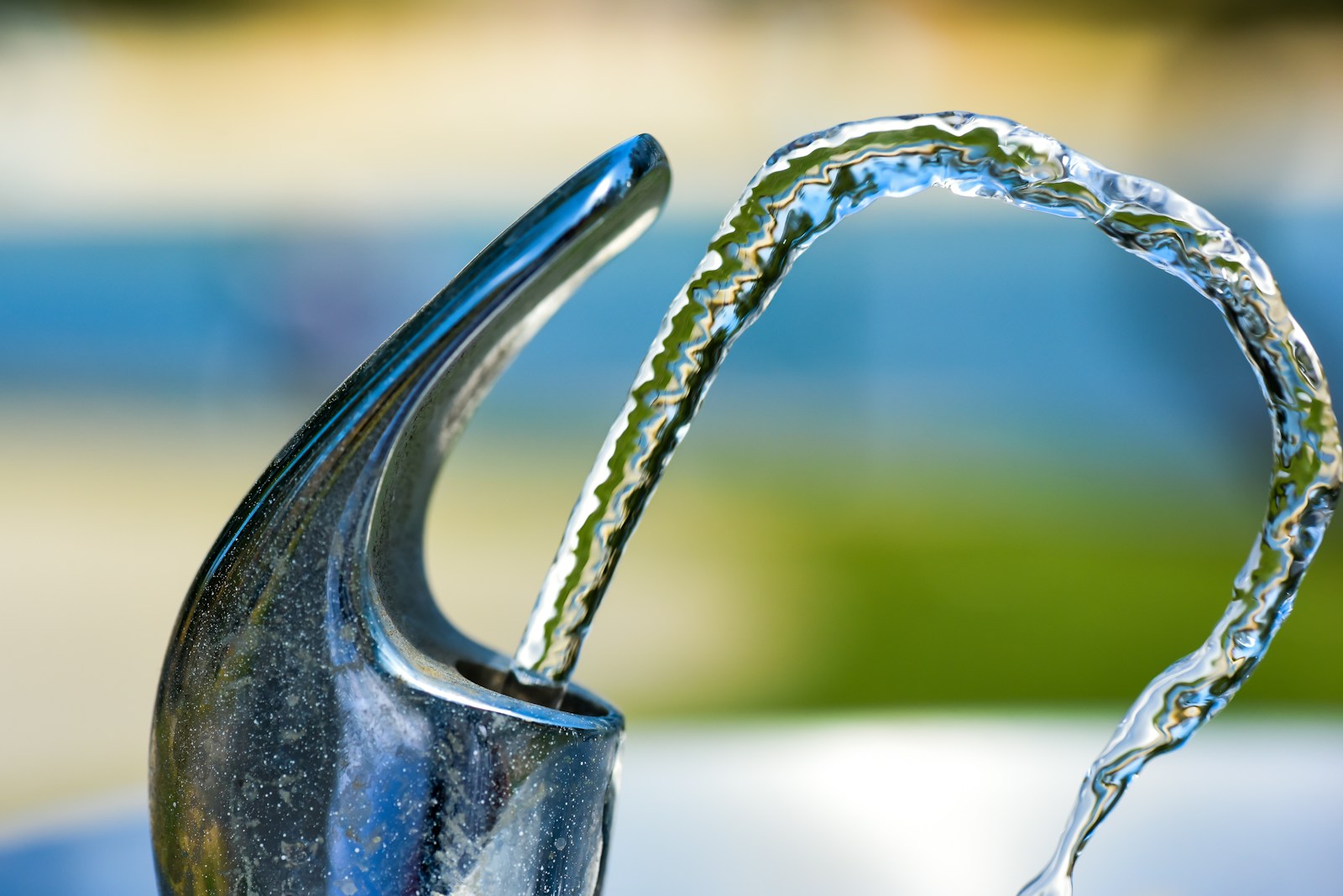Hydration Hacks: Staying Hydrated Throughout the Day
Maintaining proper hydration is a cornerstone of overall well-being. It impacts everything from energy levels and cognitive function to skin health and digestion. Many people underestimate just how crucial it is, often going through their days slightly dehydrated without even realizing it. This article explores practical strategies to ensure you’re getting enough fluids throughout your day, catering to varied lifestyles and preferences.
Why Hydration Matters
The human body is largely composed of water – around 55% to 78%, varying by age and body composition. This water participates in countless physiological processes. It helps regulate body temperature, transports nutrients, lubricates joints, and flushes out waste products. Even slight dehydration can impair physical performance, reduce concentration, and contribute to fatigue. Chronic, mild dehydration can have long-term consequences for kidney function and other vital organs.
Consider how your body feels when you’re not drinking enough. Headaches, muscle cramps, and a general feeling of sluggishness are common indicators. These aren’t just minor inconveniences; they’re signals that your body is struggling to function optimally. Recognizing these signals is the first step toward establishing better hydration habits.
Understanding Your Fluid Needs
The standard recommendation of eight glasses of water a day is a good starting point, but it’s not a universal rule. Individual fluid needs fluctuate based on factors like activity level, climate, and overall health. Athletes, for instance, require significantly more fluids than those with sedentary lifestyles. Similarly, individuals living in hot, humid environments experience greater fluid loss through perspiration.
Certain medical conditions and medications can also influence hydration requirements. For example, diuretics increase urine production, potentially leading to dehydration if fluid intake isn’t adjusted accordingly. It’s always wise to consult with a healthcare professional to determine your specific hydration needs, particularly if you have underlying health concerns.
Simple Strategies for Increased Fluid Intake
Integrating hydration into your daily routine doesn’t have to be a laborious task. Small, consistent changes can make a substantial difference. One straightforward approach is to keep a water bottle readily accessible. Whether it’s on your desk, in your car, or next to your bed, having water within easy reach encourages frequent sipping.
Another effective tactic is to associate drinking water with existing habits. Drink a glass of water first thing in the morning, before each meal, and after every bathroom break. These associations create natural reminders to hydrate throughout the day.
Beyond Water: Hydrating Foods and Beverages
While plain water is an excellent choice, it’s not the only way to stay hydrated. Many fruits and vegetables have a high water content and contribute significantly to your daily fluid intake. Watermelon, cucumbers, strawberries, and spinach are all excellent options. Soups and broths also provide hydration, along with valuable nutrients.
Certain beverages, such as herbal teas and infused water, can be refreshing alternatives to plain water. Infusing water with fruits like lemon, lime, or berries adds flavor without added sugars. Just be mindful of beverages that contain caffeine or sugar, as these can have a diuretic effect or contribute to other health issues.
Hydration for Specific Situations
Different situations call for different hydration strategies. During exercise, it’s crucial to replace fluids lost through sweat. Drinking water before, during, and after physical activity helps maintain performance and prevent dehydration. For prolonged endurance activities, electrolyte-rich beverages can be beneficial to replenish minerals lost through perspiration.
Traveling can also present hydration challenges. Air travel, in particular, can be very dehydrating due to the low humidity levels in airplane cabins. Make a point of drinking plenty of water during flights and upon arrival at your destination.
Hydration and Health Conditions
Certain health conditions necessitate careful attention to hydration. Individuals with kidney stones, for instance, are often advised to drink increased amounts of water to help flush out minerals that contribute to stone formation. People with urinary tract infections (UTIs) may also benefit from increased fluid intake to help flush out bacteria.
It’s important to note that excessive water intake can also be harmful, leading to a condition called hyponatremia, where the sodium levels in the blood become dangerously low. This is relatively rare, but it’s a reminder that moderation is key. Always listen to your body and adjust your fluid intake accordingly.
Troubleshooting Common Hydration Challenges
Many people struggle to drink enough water despite their best intentions. One common obstacle is simply forgetting to drink. Setting reminders on your phone or using a water tracking app can help combat this.
Another challenge is disliking the taste of plain water. As mentioned earlier, infusing water with fruits or herbs can make it more palatable. Experiment with different flavors until you find combinations you enjoy.
Sometimes, the issue isn’t a lack of desire to drink, but rather physical limitations. Individuals with mobility issues may have difficulty reaching for a glass of water. In such cases, assistive devices or having someone assist with hydration can be helpful.
The Role of AI in Promoting Hydration
The increasing integration of AI into our lives presents exciting possibilities for promoting better hydration habits. AI-powered apps can track fluid intake, provide personalized hydration recommendations, and send reminders to drink throughout the day. These apps can also integrate with wearable devices to monitor activity levels and adjust hydration goals accordingly.
These technologies can provide valuable insights into individual hydration patterns and help individuals make informed choices about their fluid intake. While AI is a tool, ultimately, it’s up to each individual to take responsibility for their own health and well-being.
Long-Term Hydration Habits: A Sustainable Approach
Creating lasting hydration habits requires a shift in mindset. It’s not about drastic measures or short-term fixes; it’s about incorporating hydration into your daily routine in a way that feels sustainable. Start with small, manageable changes and gradually build upon them over time.
Consistency is key. Even on busy days, make an effort to drink water regularly. Over time, these small efforts will compound, leading to significant improvements in your overall health and well-being. Don’t get discouraged if you slip up occasionally; just get back on track as soon as possible.
Remember, staying hydrated is an ongoing process, not a one-time event. By adopting these strategies and making hydration a priority, you can reap the numerous benefits of proper fluid balance and enjoy a healthier, more vibrant life. It’s really important to drink enough, so you’ll feel great.
Conclusion
Prioritizing hydration is an investment in your health. By understanding your individual needs, incorporating simple strategies into your daily routine, and utilizing available tools like AI, you can ensure you’re staying adequately hydrated and reaping the numerous benefits of proper fluid balance. It’s a simple change with profound impacts.
I think we need to review the sections again.










